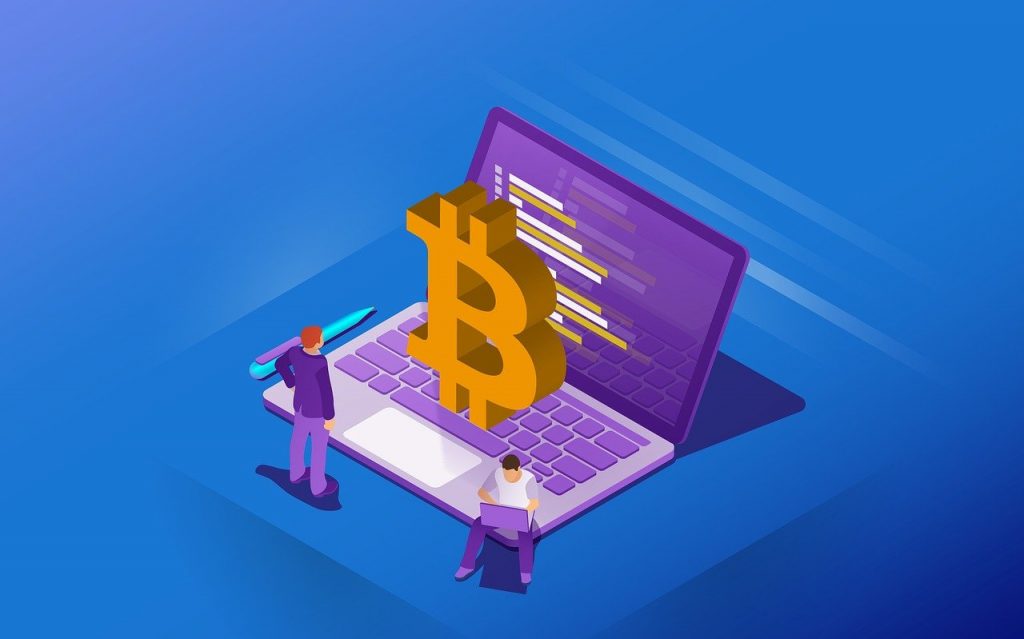Cryptocurrency has evolved far beyond its origins as a fringe digital novelty. What began with the launch of Bitcoin in 2009 has grown into a multi-trillion-dollar global ecosystem, with thousands of digital currencies serving various purposes. While some people still view cryptocurrencies primarily as speculative investments, their real-world applications are becoming increasingly impactful across multiple sectors.
This article explores the top five real-world applications of cryptocurrency, illustrating how digital assets are not only reshaping finance but also revolutionizing industries such as remittances, gaming, and even humanitarian aid.
1. Cross-Border Payments and Remittances
One of the earliest and most compelling uses of cryptocurrency is in cross-border money transfers. Traditional methods of sending money internationally—through banks or money transfer operators like Western Union—can be expensive, slow, and heavily regulated. Fees can range from 5% to 10% or more, and transfers may take several days to process.
How Cryptocurrency Helps
Cryptocurrencies like Bitcoin (BTC), Ripple (XRP), and Stellar (XLM) offer faster, cheaper, and more efficient alternatives:
-
Lower Fees: Crypto transactions typically cost just a fraction of traditional wire transfer fees.
-
Faster Settlements: Payments can settle in minutes rather than days.
-
Global Accessibility: No bank account is needed—just a smartphone and internet connection.
For migrant workers sending money home to family members, cryptocurrency provides a lifeline that saves money and time. In countries with underdeveloped banking infrastructure, crypto wallets also offer an inclusive financial tool.
Real-World Example
The UN World Food Programme (WFP) has used blockchain-powered cryptocurrencies to send aid to refugees in Jordan, helping them access food supplies more securely and cost-effectively.
2. Decentralized Finance (DeFi)
Decentralized Finance (DeFi) is a revolutionary crypto application that seeks to replicate traditional financial services—such as lending, borrowing, and trading—using decentralized blockchain networks instead of centralized institutions like banks or brokers.
How DeFi Works
DeFi platforms are built primarily on blockchains like Ethereum, using smart contracts—self-executing agreements coded directly into the blockchain. These contracts eliminate the need for intermediaries, making financial services more accessible and transparent.
Some key DeFi services include:
-
Lending and Borrowing: Users can lend their crypto assets to earn interest or borrow funds by providing collateral.
-
Decentralized Exchanges (DEXs): Platforms like Uniswap and PancakeSwap allow peer-to-peer trading without central authority.
-
Stablecoins: Cryptocurrencies like DAI are pegged to the value of traditional currencies (e.g., USD), providing price stability for users.
Real-World Impact
DeFi empowers individuals in regions with limited banking infrastructure to access financial tools that were previously out of reach. It also provides investors with new ways to grow their wealth, outside traditional markets.
3. Online Payments and E-Commerce
Cryptocurrencies are increasingly being used for digital payments and e-commerce transactions, as both consumers and merchants embrace the benefits of decentralized currencies.
Why Use Crypto for Payments?
-
Lower Transaction Fees: Especially for international purchases, crypto can offer significant savings.
-
No Chargebacks: Unlike credit cards, crypto payments are final, reducing fraud for merchants.
-
Privacy and Security: Transactions are encrypted and pseudonymous.
-
Global Acceptance: Digital currencies can be used by anyone, anywhere, without the need for currency exchange.
Companies Accepting Crypto
Major companies and platforms now accept cryptocurrencies:
-
Microsoft: Accepts Bitcoin for Xbox content and other services.
-
PayPal: Allows users to buy, hold, and pay with crypto.
-
Overstock: One of the first online retailers to accept Bitcoin.
Smaller e-commerce platforms and freelancers are also increasingly accepting crypto payments via plugins like BitPay, CoinGate, and NOWPayments.
4. Blockchain Gaming and NFTs
The intersection of cryptocurrency and gaming has exploded in recent years, particularly with the rise of play-to-earn (P2E) games and non-fungible tokens (NFTs).
How Crypto is Transforming Gaming
-
Play-to-Earn Models: Players earn cryptocurrencies or tokens by completing tasks, winning battles, or contributing to the ecosystem.
-
NFTs: These are unique digital assets that represent ownership of in-game items, artwork, or collectibles. Players can trade NFTs on various marketplaces, giving real-world value to digital achievements.
-
Decentralized Ownership: Instead of being controlled by a game developer, digital assets and economies are managed by players.
Real-World Example
Axie Infinity is a blockchain-based game that allows players to earn tokens through gameplay. In some countries like the Philippines, players have been able to earn a full-time income from playing the game, especially during the height of the COVID-19 pandemic.
Games like The Sandbox, Decentraland, and Gods Unchained also offer NFT-based economies where players can buy, sell, and earn rewards in cryptocurrency.
5. Charity and Humanitarian Aid
Cryptocurrency is increasingly being used to support charitable causes and humanitarian aid. Its speed, transparency, and low-cost nature make it ideal for responding to crises or supporting global nonprofits.
Benefits for Charities
-
Transparency: All transactions can be tracked on the blockchain, ensuring donations go to the right place.
-
Global Reach: Donors from around the world can contribute easily without worrying about currency exchange or bank fees.
-
Faster Delivery: In crisis situations, funds can reach affected regions instantly without going through multiple intermediaries.
Examples of Crypto in Charity
-
GiveCrypto.org: A nonprofit that distributes crypto directly to people living in poverty.
-
The Water Project: Accepts Bitcoin donations to fund clean water initiatives in Africa.
-
Red Cross: Some regional branches have begun accepting crypto for disaster relief campaigns.
Even during global conflicts—such as the 2022 crisis in Ukraine—millions of dollars in crypto donations were sent directly to verified government wallets and relief organizations within hours, bypassing bureaucratic delays.
Honorable Mentions: Other Emerging Use Cases
-
Tokenization of Assets: Cryptocurrencies enable tokenization of real-world assets like real estate, stocks, and even art, making them more divisible and tradable.
-
Identity Management: Blockchain-based crypto IDs can help reduce identity fraud and improve access to services.
-
Micropayments: Content creators can receive tiny, instant payments via crypto for streaming, writing, or social engagement.
Cryptocurrency is far more than just a speculative investment or digital gold. From empowering unbanked populations to revolutionizing how we game, shop, and give, its real-world applications are broad, impactful, and growing rapidly.
As the technology matures, we can expect cryptocurrencies to become an integral part of everyday life—enabling faster, cheaper, and more transparent transactions across borders and sectors. Whether you’re a business owner, gamer, humanitarian, or global citizen, cryptocurrency offers tools that can enhance and reshape how we interact with the digital and financial worlds.




